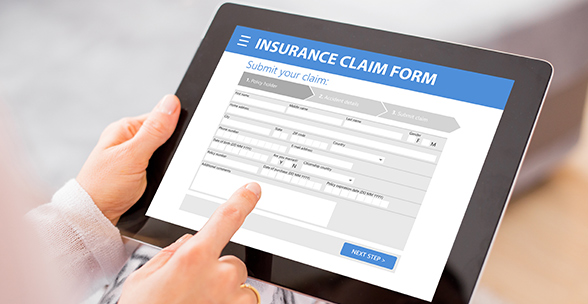What Is Big Data and How Can It Impact Independent Practices?
Big data is a buzzword that’s sweeping through every single industry, including medical and pharmaceutical ones. It has the potential to change how medicine is practiced and to improve the quality of medical care around the world. But what is big data? And how will it affect you, as an independent medical practitioner?
What Is Big Data?
Big data is a big name for an even bigger concept. In essence, big data is all of the data a business or medical practice collects. Patient demographics, appointment info, diagnoses, and other data that’s discovered during the course of a day is all stored in either a cloud- or office-based computer system. Once the data is stored, predictive algorithms can be applied to the data to find patterns, predict potential changes, and track trends.
This unsorted data, once the algorithms have been applied, can help doctors and independent practices improve the care they provide to their own patients, as well as assist other practices, both in their local area and around the world.
So how can this impact your practice on the local level?
Making Decisions
In many cases, clinical decisions are based on two things: the information collected from the patient and the medical professional’s own experience. While this is often enough to provide a functional clinical decision, sometimes there are other factors that need to be taken into account.
Big data provides an enormous amount of information that can also be used to help you make the best and most informed decision possible. Imagine having the pertinent data from thousands of patients at your fingertips.
Clinical Trials
Right now, clinical trial participants are chosen based on information they provide when applying for the trial. By utilizing big data and predictive analytics, like we discussed a moment ago, it becomes easier to find targeted individuals for trials. Utilizing big data has already shown results in the oncology field when it comes to both drug discovery and clinical trials, making it easier to find successful treatment for a variety of cancers.
It can also be used to determine risk factors for drugs, environmental factors and other things that could impact the health and wellness of both patients and medical professionals.
For example, upwards of 500,000 workers are exposed to laser and electrosurgery smoke every year. Utilizing big data to predict things like which procedures are likely to produce laser smoke, and the results of consistent exposure to said smoke, can lead to new techniques to protect both medical professionals and their patients.
Personalized Care
Medical professionals personalize their patients’ care as much as humanly possible, but there’s only so much you can do when you’re seeing hundreds of patients a week. Utilizing big data enables doctors and medical professionals to personalize medical treatment for each individual patient.
Medical personalization goes far beyond just knowing your patients’ names. It includes trends like pharmacogenomics, which means prescribing medication based on the patient’s individual genetic profile. Instead of utilizing trial and error to determine the best medicine for an individual, a Pharmacogenomics profile can enable you to determine the best medicine or cocktail on the first try.
Nationwide Care
For someone who travels a lot, there’s nothing worse than getting injured or falling ill when you’re away from home and away from your medical records. Big data can make traveling and obtaining treatment easier for such patients, with the use of Electronic Health Records, or EHRs. EHRs are a digital record of an individual’s medical history.
Additionally, these EHRs can be turned into a source for actionable analytics, allowing medical professionals to track trends and diagnoses across the country.
Due to network security concerns, it might take some time for big data to be fully adopted in the medical fields, but it has the potential to change the entire industry — and our lives — for the better.




















